Highlights

Antimicrobial peptides with improved stability
August 14, 2023National University of Singapore (NUS) pharmaceutical scientists have successfully applied all-hydrocarbon-stapling modification to improve the enzymatic stability of their previously…
Read More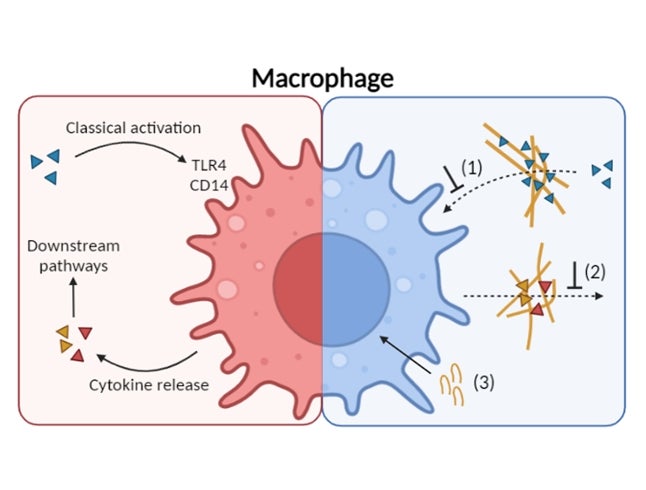
Anti-microbial nanonets display multi-functionality by mitigating inflammatory responses during sepsis
May 22, 2023National University of Singapore (NUS) pharmaceutical scientists have developed multi-functional synthetic peptide nanonets for relieving inflammation caused by bacterial infection….
Read More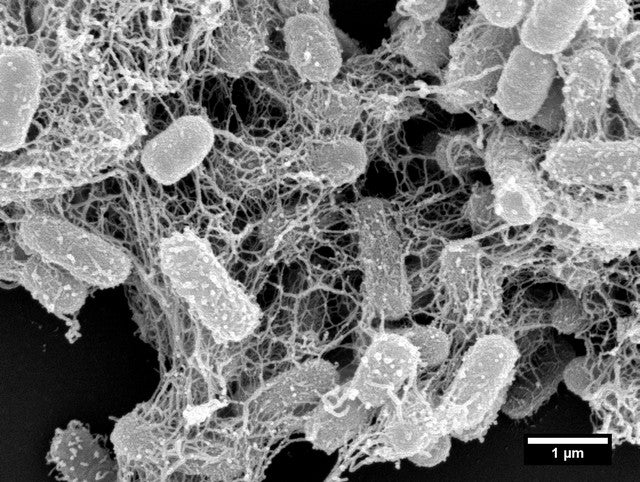
Antimicrobial nanonets for trap-and-kill treatment of antibiotic-resistant bacteria
March 06, 2023National University of Singapore (NUS) pharmaceutical scientists have developed synthetic peptide nanonets for treating infections by bacteria strains resistant to…
Read More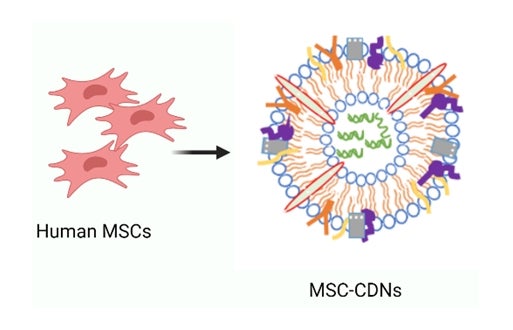
Nanovesicles from cells for biomedical applications
January 17, 2023NUS scientists have fabricated nano-sized vesicles from cells via a cell shearing approach that can be used for various biomedical…
Read More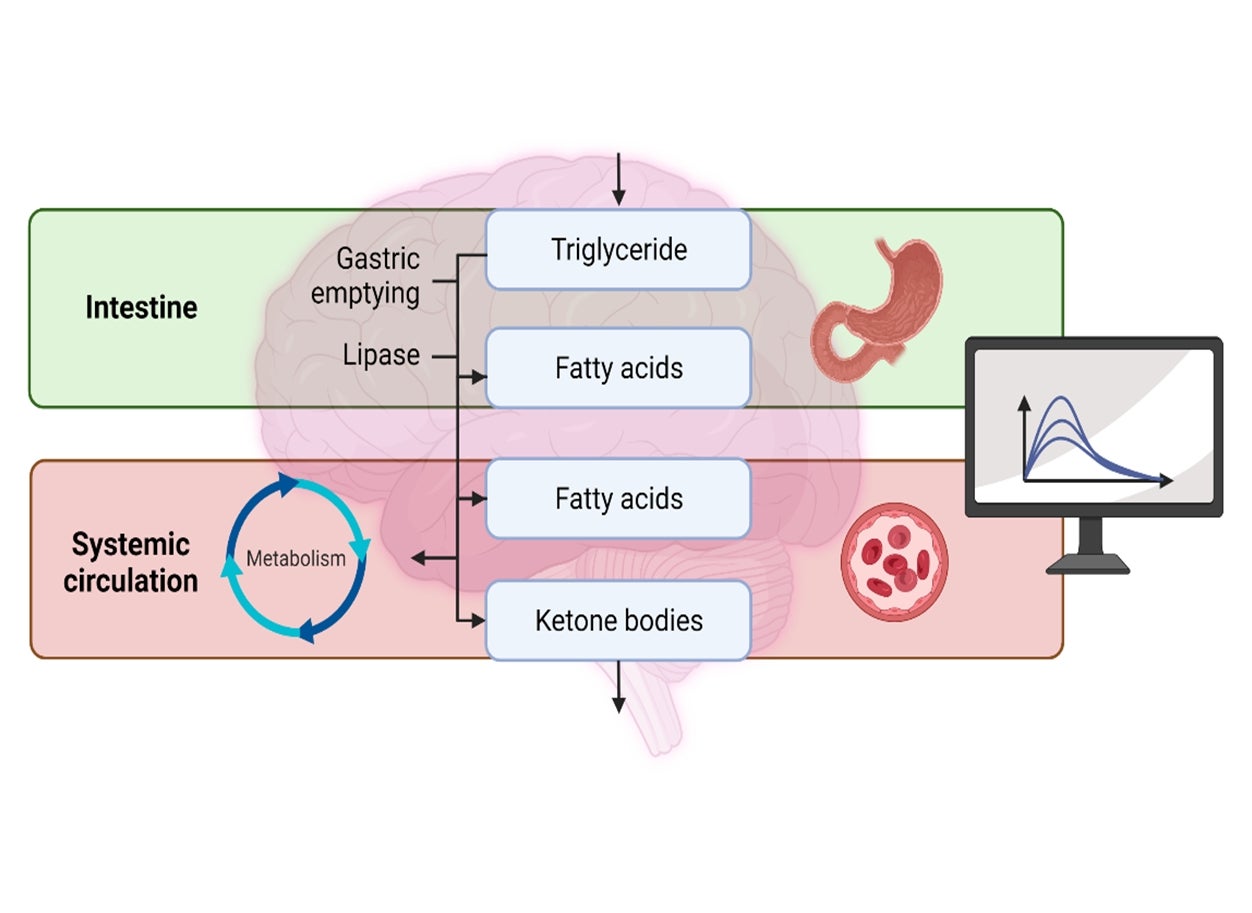
Virtual trials to streamline drug development
April 08, 2022NUS researchers have developed a model to predict the metabolism of an investigational product for optimising the drug formulation. In…
Read More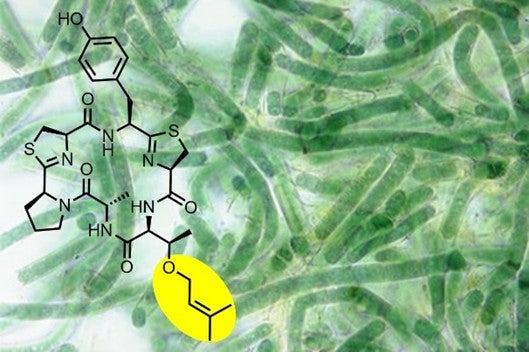
Genome mining leads to a new type of peptide prenylation
May 19, 2021Researchers from NUS used a genome mining approach to identify a new cyclic peptide (tolypamide) derived from a cyanobacterium. The…
Read More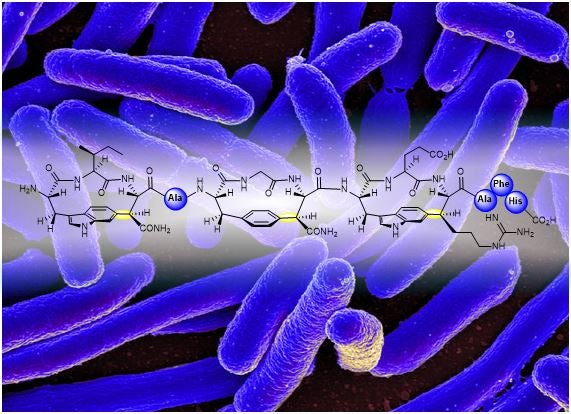
Post-translational formation of strained cyclophanes in bacteria
October 15, 2020NUS researchers have identified post-translational modifying enzymes in bacteria that can create a new family of cyclic peptides for new…
Read More

